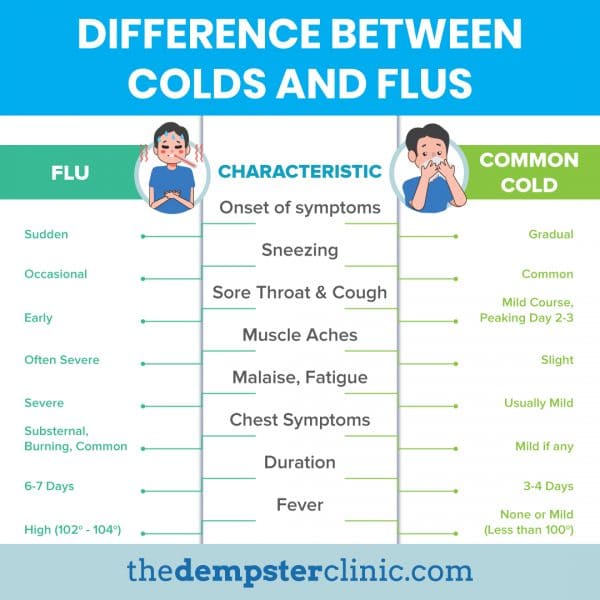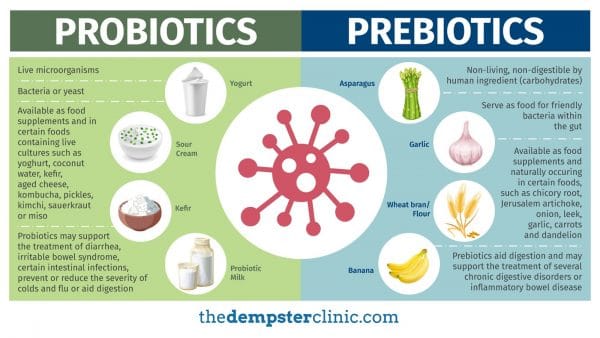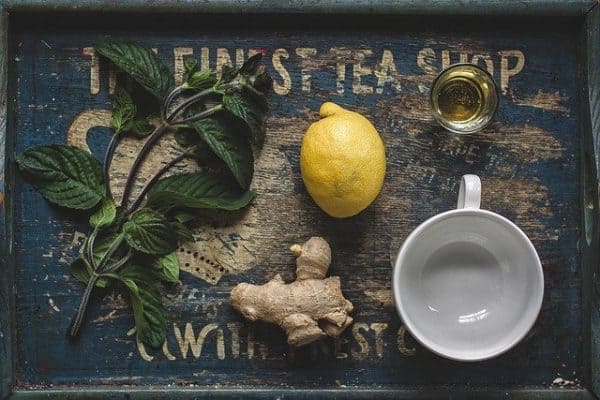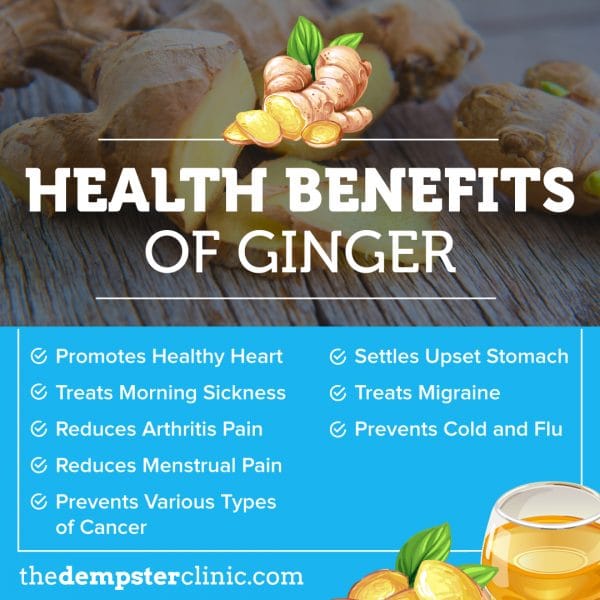The holiday season is upon us! But that also means that flu and cold season is here, too. Since the added stress of the holidays may increase your vulnerability to illness, this time can feel like a precarious tightrope walk between festivities and derailing days in bed. There have already been nine laboratory-confirmed influenza outbreaks in Canada this season. In fact, influenza and pneumonia are among the top ten causes of death in Canada. Although colds aren’t as severe as the flu, they definitely take their toll, and nasty cases are often the culprits of missed work days during this time of year. The good news is that it doesn’t have to be such a precarious effort to stay healthy, even at the peak of cold and flu season. There are numerous effective, easy-to-implement habits you can adopt to protect and heal your body with confidence. Below, I will share with you some of the best-kept holistic strategies so you can mindfully safeguard your health, and enjoy everything that this time of year has to offer!
WHY BOTHER WITH HOLISTIC TREATMENTS WHEN I CAN GET ANTIBIOTICS AND TAKE COLD MEDICATION?
Contrary to popular belief, many “modern” medicine practices are not as beneficial as most people think. Unlike natural remedies, antiviral and cold medications only treat symptoms. In other words, they mute the discomfort but do not accelerate healing or provide any type of prevention against getting sick again.
It is shocking how many physicians still prescribe antibiotics in an attempt to thwart influenza, when antibiotics are not even capable of killing the flu virus. As their name suggests, they kill bacterial infections, not viruses. Not only are they ineffective, but they often make things worse. They weaken your immune system by destroying the “good” bacteria in your gut. Furthermore, the reckless overuse of antibiotics feed the growing problem of antibiotic resistance.
Similarly, overuse of antiviral medications is also a real threat to public health. A reputable scientific study conducted in 2017 reports that the influenza A virus easily mutates in order to resist antiviral flu medications. This particular virus constitutes at least half of all influenza cases. If physicians continue to overuse antiviral prescriptions to treat flu patients, the medications will become less and less effective over time, just like antibiotics.
BUT WAIT… HOW CAN YOU TELL IF IT’S JUST A REALLY BAD COLD OR ACTUAL INFLUENZA?
When you’re not feeling well, especially during flu season, it can be hard to know if you should expect a short, mild bout of the sniffles or dread a painful bout of the flu. Although most of the treatments discussed above are effective for both, it can be helpful to know what to expect. Luckily it is quite easy to distinguish the differences when you know what to look for.
Typically, it is a cold if you have the following symptoms:
- Gradual onset of symptoms
- Frequent sneezing
- Relatively mild sore throat and runny nose
- Mild fatigue
- No fever (or 100° maximum)
- Mild chest symptoms
- Only slight muscle pain, if any at all
- Generally lasts about two to three days
In contrast, the following are common indicators of influenza:
- Sudden onset of symptoms
- Occasional sneezing
- Very sore throat and runny nose
- Moderate to severe muscle aches
- Severe fatigue and malaise
- Burning, substernal chest symptoms
- A fever between 102° and 104°
- Typically lasts between six and seven days

10 LITTLE-KNOWN NATURAL REMEDIES FOR THE COLD AND FLU
In addition to the following natural remedies, remember to start with a solid foundation. Never underestimate the power of adequate sleep, regular exercise, and frequent hand washing! And since the body and mind are connected, managing stress in healthy ways plays an instrumental role in fending off diseases and recovering quickly.
1. Olive Leaf Extracts
It’s a good time of year to be drinking tea! Olive leaf tea, tinctures, and pills are all effective ways to ingest olive leaf extract. The daily recommended dosage is 500 to 1,000 mg.
Olive leaf extract contains compounds that fight flu viruses and harmful bacteria. They work by triggering your body’s natural immune response to harmful substances. They also make it harder for the bacteria and viruses to grow.
2. Keep Your Vitamin D and A Levels in Check
Interestingly, these two vitamins are interdependent when it comes to supporting a healthy immune system. In fact, evidence suggests that when the body’s supply of Vitamin D abruptly decreases, the newly imbalanced ratio of Vitamin A to Vitamin D triggers a viral reaction and makes it harder for your body to fend off unfamiliar strains of influenza. As you probably know, our bodies obtain Vitamin D largely through sunlight. Unfortunately for those of us living in the Northern Hemisphere, most of the sunlight goes away between the Autumn and Winter months!
If you live in an area where the amount of sunlight dramatically decreases during the winter, consider being proactive about keeping your Vitamin D levels in check this year. I suggest adding it to your wellness plan through both your diet and supplements. Fish and eggs are good sources of Vitamin D. Other good sources include plant-based foods like dark leafy greens, as well as maitake and portobello mushrooms. However, especially if you follow a strict vegan diet, adding a daily Vitamin D supplement is a strong preventive measure against the flu.

3. Eat Selenium-Rich Foods
As discussed in the FASEB Journal, studies have linked selenium deficiency to worsening flu symptoms. In fact, relatively benign strains often mutate to “highly pathogenic strains” in people with selenium deficiency. Researchers have also noticed the reverse effect, as well: taking supplemental selenium improved symptoms in patients suffering from flu or HIV symptoms.
Although your body does not require large amounts of selenium, it is an essential mineral because your body does not produce it on its own. This means you need to get it from your diet. Some great examples of selenium-rich foods include:
- Spinach
- Oatmeal
- Bananas
- Nuts
- Mushrooms
- Sunflower seeds
- Lentils.
- Organic grass-fed beef
- Free-range chicken eggs
If you are a vegan, you are more likely to be deficient in selenium. Your body might also struggle to soak up as much selenium from the foods you eat if you struggle with IBS, bloating, or constipation. Certain diseases, like Crohn’s, also prevent your body from fully absorbing adequate selenium.
I do not recommend taking selenium supplements year round because, although rare, overdose can be fatal. However, it is perfectly fine to take supplements at a small dose of 200mg daily for 4-5 days a week during flu season.
4. Heal and Prevent with Licorice Root Tinctures or Supplements
Licorice root is an effective way to both avert and remedy the flu. Licorice root, officially called Houttuynia cordata, is the herbal plant form. It is native to India, parts of Europe, and in most of the Middle East. You can ingest this ancient holistic remedy via tincture or pill. Generally, the recommended dosage is no more than 4 mg total per day.
Licorice root is effective due to its Glycyrrhizin, the compound responsible for the plant’s natural sweetness. Glycyrrhizin essentially stops the virus from mutating, which keeps you from feeling worse. As an added benefit, it simultaneously brings down any inflammation related to the flu virus.
Because licorice root may cause problems in some people (especially pregnant women), consult your healthcare provider before use if you have high blood pressure, low potassium or testosterone levels, or have been diagnosed with Hypernatremia.
5. Use Elderberry to Alleviate Symptoms and Recover Sooner
The healing berries of elderberry plants have been used as natural remedies for the flu and symptoms of the common cold for centuries. Because it works so well, many people still take elderberry today. It is most commonly consumed in the form of a lozenge or syrup. The general guideline is 60mL of elderberry daily, divided into four 15mL doses.
Elderberry is a helpful antidote for both the cold and the flu. One study of 312 air travelers (a population with an above-average risk of catching a bug) examined the effects of taking elderberry and discovered that individuals who took elderberry experienced a shorter time span of illness and less symptoms than the control group, if they became sick at all. Another study found that influenza patients experienced relief from symptoms in two to four days. This is much shorter than the average recovery time for influenza patients in the control group: without elderberry, it took them an average of seven to eight days before experiencing relief.
6. Eat Foods That Nurture a Healthy Gut Microbiome
There are trillions of different strains of living organisms in your gut. This collection of microbes is like a mini ecosystem within your body, which I often refer to as your “gut microbiome.” Having a strong presence of “healthy” bacteria is vital for good health, since a significant portion of the immune system is located in your gut. When the gut microbiome is thrown off balance, you are more likely to get sick and may take longer to recover. Fortunately, you can nurture your gut health by eating foods rich in both prebiotics and probiotics. Prebiotics are a type of carbohydrate that serve as fertilizer for healthy bacterial strains. Probiotics, which are present in fermented foods like sauerkraut and kimchi, contain the healing bacteria that your gut thrives on.
Taking prebiotics and probiotics during flu season is an excellent way to lower your chances of getting sick. But, if you do get sick, they also help ease symptoms. This is because prebiotics and probiotics help change the expression of cytokines, messenger molecules within the body that enhance the cells’ ability to communicate with each other. This accelerates the immune response to viral infections.
As discussed in the British Journal of Nutrition, multiple studies conducted by the Food Science Institute discovered that daily intake of prebiotics and probiotics improved resistance to the common cold in elderly individuals. Another example I like are the studies published in the journal of Synthetic and Systems Biotechnology. After an extensive 12-week study, researchers concluded that ingesting probiotics dramatically lowered the likelihood of developing an upper respiratory infection and flu-like symptoms.

7. Accelerate Your Recovery and Suppress Cough Symptoms with Manuka Honey
Manuka honey has been a holistic medicine since the dawn of time. It comes from the nectar of bees pollinating on the Mānuka bush, a native New Zealand tree. Although most members of the conventional healthcare communities disregard medicinal Manuka honey as a myth, mainstream medicine has finally begun to change their perceptions, largely due to a growing body of scientific evidence. Studies continue to show that Manuka honey helps fight both bacterial and viral infections, which means a faster recovery from cold and flu viruses.

But what makes Manuka honey so effective? It’s a potent ingredient called methylglyoxal that helps fight viral and bacterial infections. While a lot of studies have been published on the health benefits of Manuka honey and the flu, I find the following example particularly interesting: patients experienced more relief from Manuka honey treatment alone than the patients who took common over-the-counter cough medications.
8. Up Your Garlic Intake!
Garlic reduces your risk of developing a cold, and it also shortens the duration of symptoms. In fact, one study of patients with cold symptoms found that those treated with garlic supplements felt better after an average of one and a half days. In contrast, the patients taking a placebo took an average of five days to experience relief.
9. Reduce Your Risk and Shorten the Duration of the Flu with Echinacea
You can take echinacea in the form of capsules, tea, or tinctures. No matter how you choose to ingest it, it’s an effective way to diminish your chances of catching a cold. It also helps reduce the length of influenza symptoms once infected.
In fact, researchers from the Institute of Medical Virology conducted a study comparing the effectiveness of Echinacea versus Tamiflu, a widely-used flu medication. The 473 patients experiencing early symptoms of the flu were divided into two treatment groups. The results were similar for both: the patients taking Echinacea treatment responded just as well as patients taking Tamiflu. After ten days, most of the patients reached full recovery. While effective, Tamiflu may cause antiviral resistance in some people. Echinacea poses no such risk.
In regards to the preventive abilities of echinacea, the study I find most compelling involves 755 participants. After four months, the group taking daily echinacea supplements had experienced much fewer incidences of virus-induced colds.

10. Use Ginger to Prevent Colds
You can take ginger supplements, drink hot ginger tea with honey, use tinctures, or add it to your homemade juices. Researchers have found that it provides a strong defense against viruses, especially those in your respiratory system.

CREATE YOUR BEST DEFENSE AGAINST THE COLD AND FLU AT THE DEMPSTER CLINIC-CENTER FOR FUNCTIONAL MEDICINE
I hope you implement some of the natural remedies from the list above and enjoy their benefits! You might also enjoy checking out 5 Tips to Survive and Thrive During the Holidays for tips on how to manage stress and simultaneously maintain a more robust immune system during the holidays.
Although every effort counts, there are literally hundreds of holistic options out there, and everybody responds differently. Determining the best ways to prevent illness is different for everyone, and there is no uniform plan that works best for everyone.
If you have noticed that you are especially prone to illness, or if you simply want to do everything possible to avoid being bedridden this season, I would love to help. I specialize in Functional Medicine, which is a personalized approach that empowers patients to achieve optimal health based on their unique biogenetic makeup. At The Dempster Clinic- Center for Functional Medicine, I can work with you to develop a custom health plan to help you stay as healthy as possible.
Please take advantage of my Complimentary 15-minute Discovery Session for all prospective patients. This session can take place over the phone or at the clinic in person. It provides an opportunity for you to learn more about the services I offer and how they can be of benefit to you.
Please schedule an appointment today! Your best-functioning immune system awaits.
Dr. John Dempster, ND
The Dempster Clinic- Center for Functional Medicine



